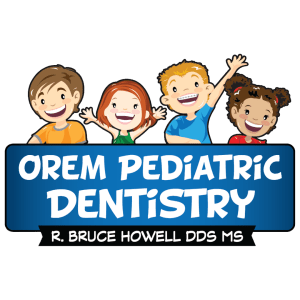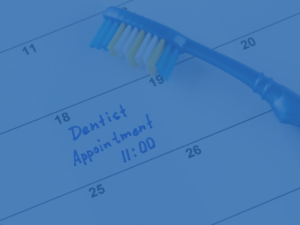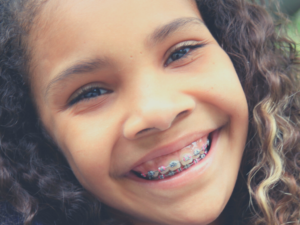You want your child to have a healthy and beautiful smile as a parent. However, certain bad dental habits can lead to tooth decay, gum disease, and other oral health issues. Here are seven everyday bad dental habits for kids and tips on preventing them.
Bad Habit #1: Thumb Sucking and Pacifier Use
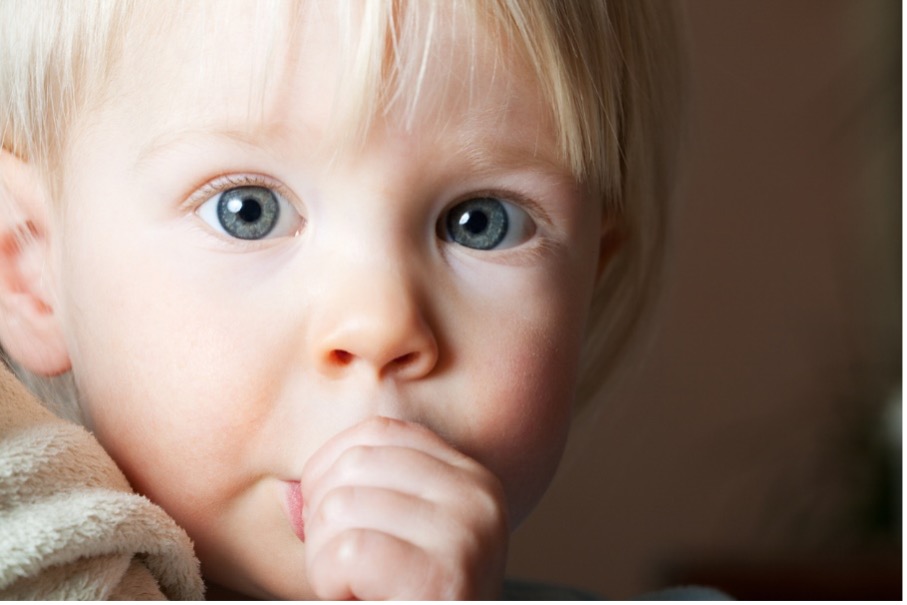
Thumb sucking and pacifier use are common habits for young children, but they can cause dental problems if they continue for too long. These habits can cause the teeth to shift and the roof of the mouth to change shape. To prevent these issues, try to wean your child off of pacifiers and thumb-sucking by age three. You can also offer positive reinforcement and rewards for not engaging in these habits. If your child continues to struggle, talk to Dr. Howell for additional tips and support.
Bad Habit #2: Nail Biting and Pen Chewing
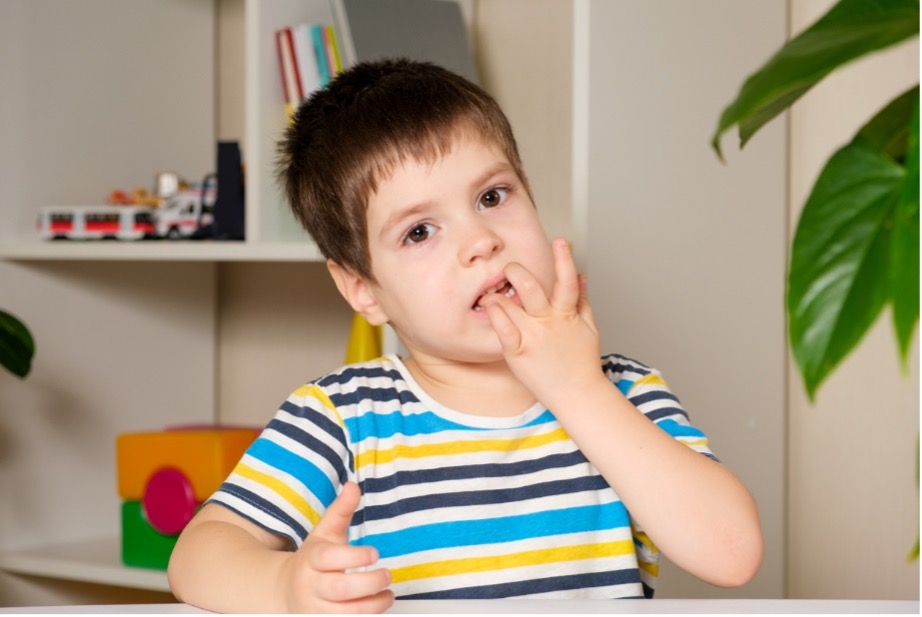
Nail biting and pen chewing are two bad dental habits in children that can cause damage to teeth and gums. These habits can lead to chipped or broken teeth and an increased risk of infection in the mouth. To prevent these habits, try to identify the triggers that cause your child to engage in them, such as stress or boredom. Offer alternative activities or distractions, such as fidget toys or stress balls, to help redirect their behavior. Other alternatives for chewing on pencils or pens are chewing gum or putting pencil toppers on pencils that won’t damage the teeth.
Bad Habit #3: Chewing on Ice, Pencils, or Other Objects

Chewing on ice or other objects may seem harmless, but it can cause damage to your child’s teeth. Chewing on ice can wear away the enamel of your teeth. Ice’s hard, cold texture can cause tiny cracks in your teeth, leading to more significant problems over time. Additionally, chewing on ice can irritate the soft tissue inside your teeth, leading to sensitivity and discomfort. To avoid ice damaging your child’s teeth, serve cold beverages without ice or with a straw.
Bad Habit #4: Grinding Teeth and Clenching Jaw
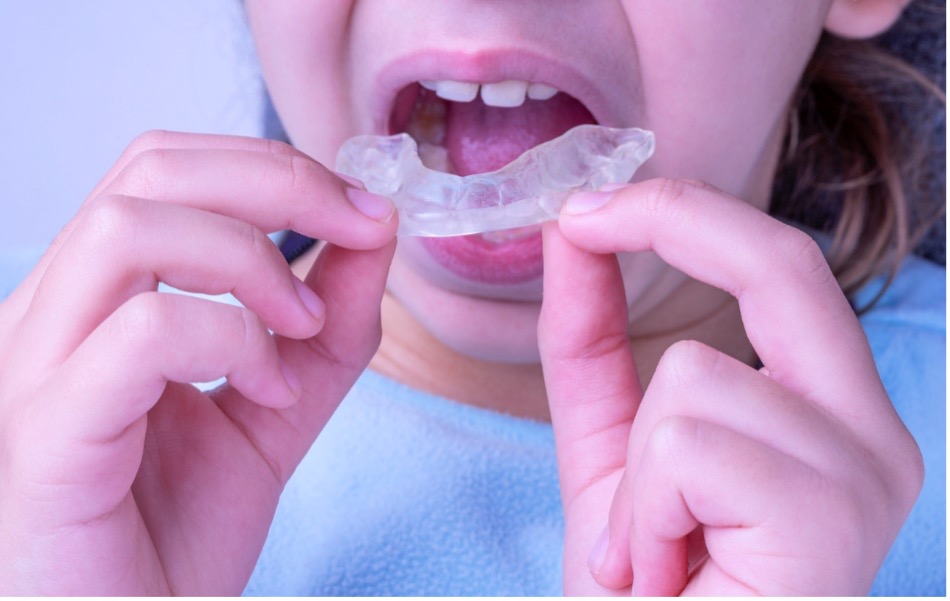
Grinding teeth and clenching the jaw, also known as bruxism, is another common bad dental habit in children. This habit can cause wear and tear on teeth, headaches, and jaw pain. To prevent this habit:
- Try to identify any underlying causes, such as stress or anxiety.
- Please encourage your child to relax their jaw and avoid chewing gum or hard foods.
- Ask us about how a nightguard can protect teeth from further damage.
Bad Habit #5: Mouth Breathing

Mouth breathing is a habit in children that can lead to various dental problems. When a child breathes through their mouth instead of their nose, it can cause dry mouth, leading to tooth decay and gum disease. It can also cause the tongue to rest in an unnatural position, leading to teeth and jaw misalignment. To prevent this habit, encourage your child to breathe through their nose and seek medical attention if there are underlying issues such as allergies or a deviated septum.
Bad Habit #6: Sugary Snacking and Drinking
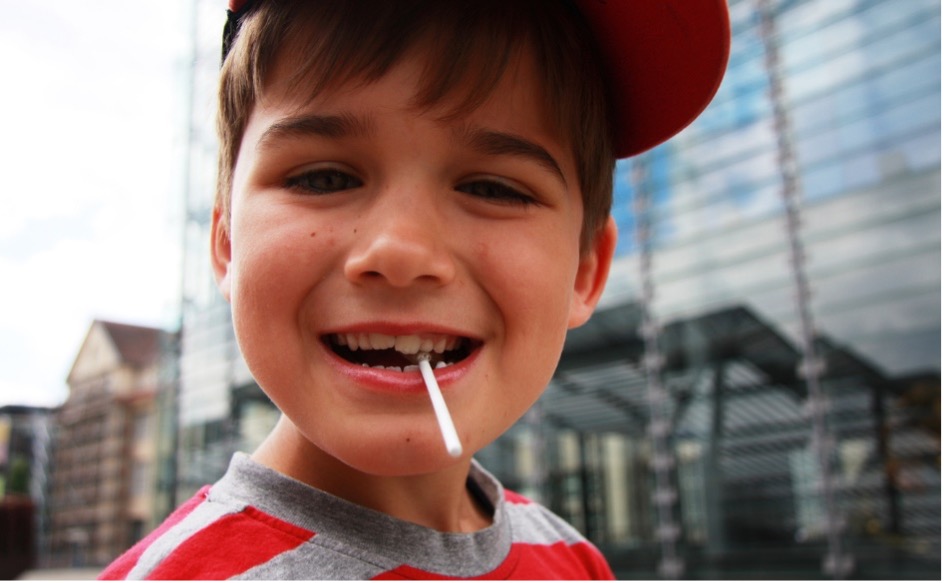
One of children’s most common bad dental habits is snacking on sugary foods and drinks. This habit can lead to tooth decay and cavities, as the bacteria in the mouth feed on the sugars and produce acid that erodes the tooth enamel. To prevent this habit, limit sugary snacks and drinks, and encourage your child to brush their teeth after consuming them. You can also offer healthier snack options such as fruits and vegetables.
Bad Habit #7: Not Wearing a Mouthguard When Playing Sports
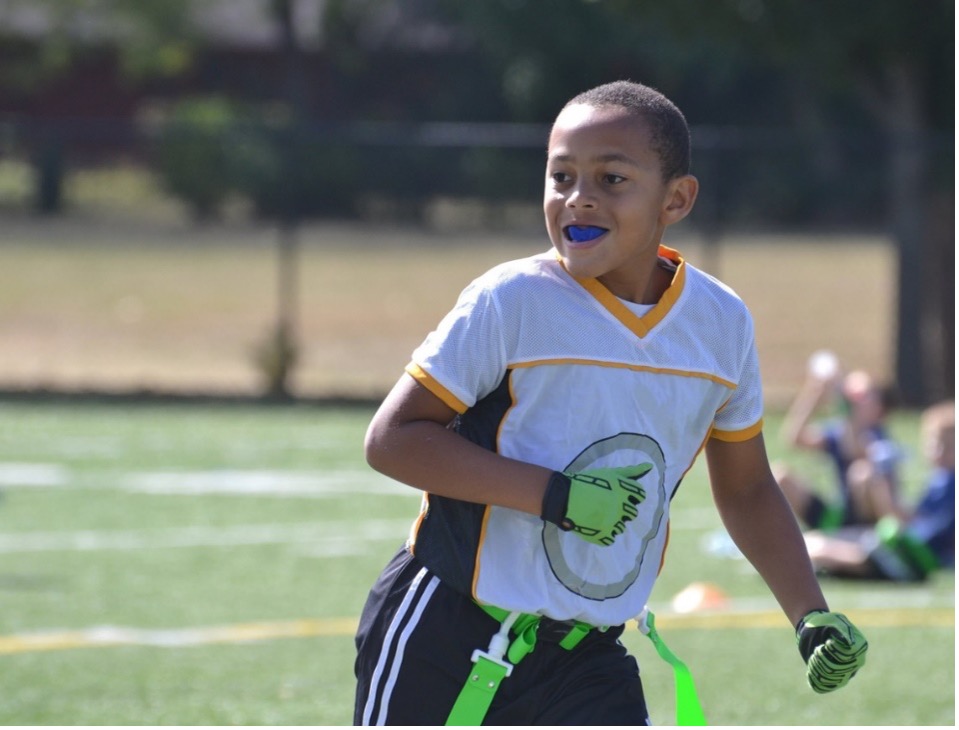
While playing sports, wearing a mouthguard is essential to your child’s safety, even with non-contact sports like volleyball, tennis, etc. Ensuring your child wears a mouthguard could save them a lot of pain and yourself thousands of dollars to repair any damage from broken or lost teeth.. You can read the article, Knocked Out Teeth, for more information. You can also read our blog, Mouthguards for Children, for more information about mouthguards and the types you can use.
Bad Habit #8: Using Teeth as Tools to Open Things
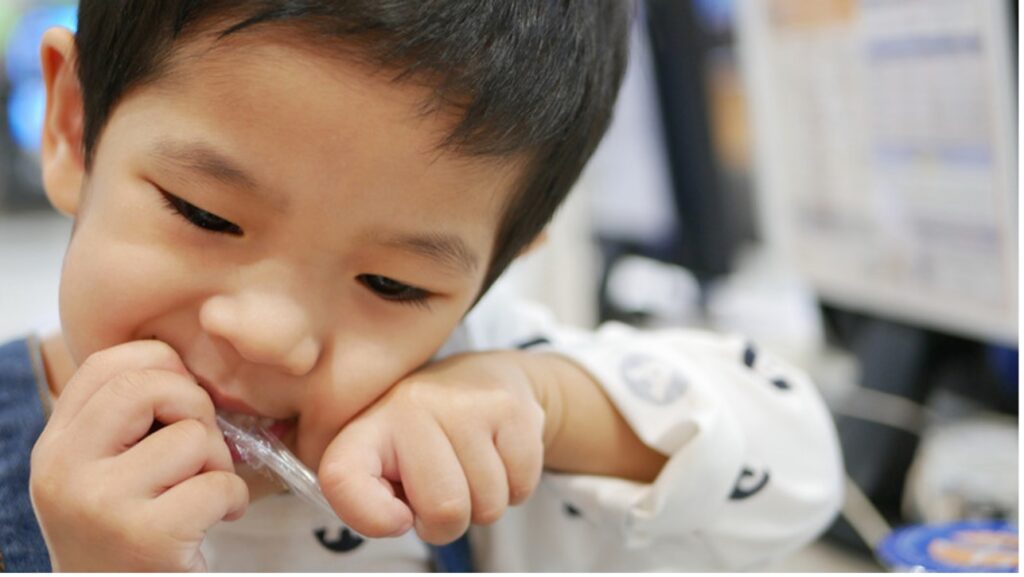
Perhaps your child has watched you use your teeth to open something. So, they may try to use their teeth as tools to help them open snacks or toys. If you notice your child is doing this, quickly explain that this habit can damage their teeth. Offer to help them with scissors, pliers, or other handy tools to avoid using their teeth until they can use such tools independently.
Final Words
teeth. In addition to the above tips to prevent or break bad dental habits in children, one of the best things you can do is set a good example. Avoid making any of the above bad dental practices yourself so you don’t give your child any confusing messages about taking care of their teeth.
Every child deserves healthy teeth. Learn how our pediatric dentist in Orem, Utah, can give your entire family a reason to smile today by calling 801-802-7200.
